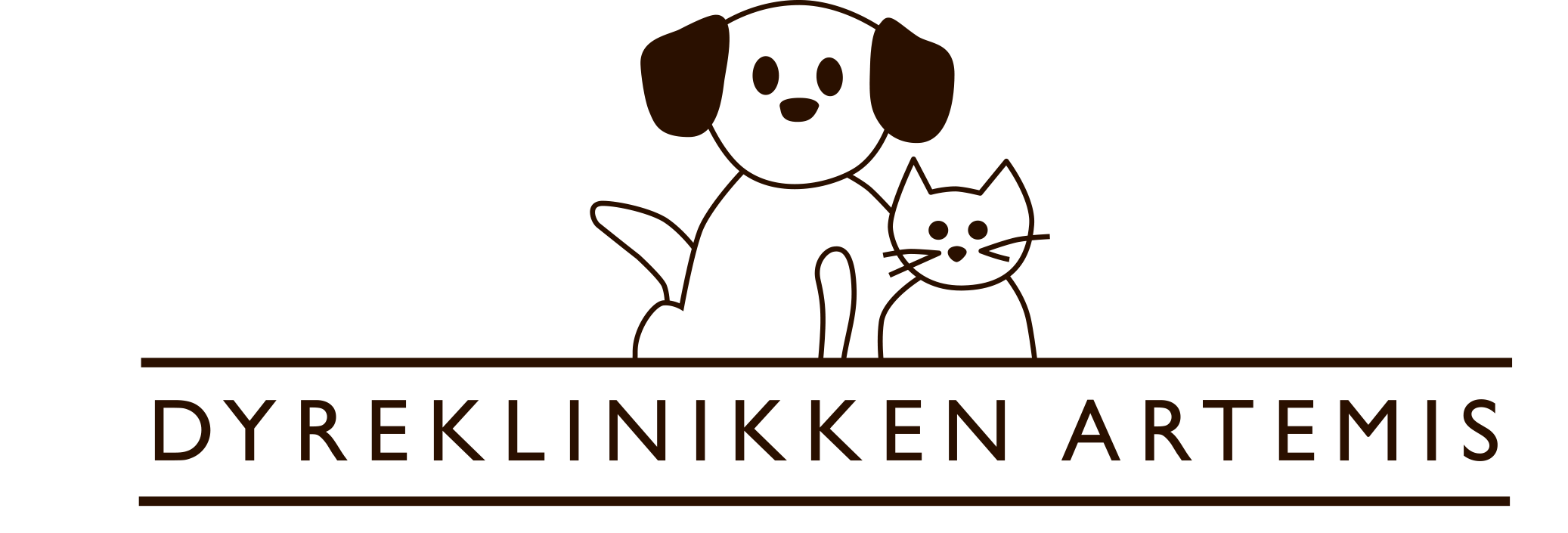
Relocating to Denmark with your dog
Here is the “all you need to know guide” to get started on your new life in Denmark when bringing a dog.
-
Register your dog in “the Danish dog register”!
It’s mandatory for all dogs living in Denmark to have an ID number (microchip) and to be registered in The Danish register for dogs.
When you import a dog to Denmark it must be registered within a month upon arrival. Your veterinarian can make the registration at your convenience for a small fee.
If you prefer to do it yourself, you can send a copy of the pet’s passport and/or pedigree together with your name, address and telephone number to the register. Upon registering you will receive an email with confirmation.
https://www.hunderegister.dk/Home
This is the link where you find the register, you don’t register direct trough the link.
Tag!
The dog must always carry a tag with the name and address of the owner. Telephone number is not required but can be nice to add.
-
Insurance!
It’s mandatory in Denmark to have a dog liability insurance.
This insurance covers any damages your dog might cause humans or human belongings (including other animals) e.g., your dog bites another dog, human, or causes a traffic accident.
Health insurance is recommended but not mandatory. This will cover any medical expenses.
There are different types of coverage, so be aware of the insurance companies’ conditions.
3. Find a veterinarian!
Find your local vet and get your dog signed in. It’s nice to know who to contact in case of an emergency. At Artemis we recommend that you to visit us before a consultation is needed. It’s nice for you and your dog to have seen the clinic and meet the staff beforehand which makes consultations easier for your dog. In case you need help outside our opening hours we refer to the emergency hospital in Copenhagen. Be aware that the night times fees are a lot more expensive.
4. Danish regulations
Leash or no leash: In Denmark it’s mandatory to have your dog on a leash in public places. Exceptions can be made if you have fully control over your dog. The definition is not specified in the law, but our experience is that it means you need to be able to stop your dog in case it runs toward other dogs, humans or into traffic.
We recommend you always use the leash, when you walk in city areas.
If you bring your dog to the beach:
From April 1st to September 30th, it is mandatory to have your dog on leash.
From October 1st to March 31st, the dog is allowed off leash.
In shops, malls and restaurants dogs are generally not allow to enter unless it is a service animal.
If my dog gets into a fight with another dog?
In Denmark we have strict regulations for animal behavior. If two dogs get into a fight and one dogs bite the other, it can have severe consequences. The offending dog can be taken by the police, placed in a shelter and in worse case ‘put down’ no matter the circumstances of the incident.
So please, always pay attention when you are out with your dog. It’s you as the owner, who is responsible for your dog’s wellbeing and or actions.
Forbidden breeds:
There are 13 breeds that are prohibited in keeping and breeding, including mixed-breeds involving the 13 specified dog breeds:
- Pitbull Terrier
- Tosa Inu
- American Staffordshire Terrier
- Fila Brasileiro
- Dogo Argentino
- American Bulldog
- Boerboel
- Kangal
- Central Asian Shepherd Dog (ovcharka)
- Caucasian Shepherd Dog (ovcharka)
- South Russian Shepherd Dog (ovcharka)
- Tornjak
- Sarplaninac
If in doubt as to whether a dog belongs to one of the prohibited dog breeds or mixed breeds hereof, the police may request that the owner proves the dog’s breed or type.
-
Vaccination and health check!
We suggest that your animal go for a yearly health check at your veterinarian and perhaps a vaccination.
We individually judge the need for vaccination.
We have the core vaccines including parvovirus, distemper and hepatitis. We strongly recommend the animals being covered for these diseases though vaccination.
We also often vaccinate against leptospirosis, influenza and Bordetella (kennel cough).
Your vet will help you make the decision on which vaccination(s) are recommendable for your dog.
-
Parasites in Denmark!
Ticks!
Ticks are, unfortunately, very common in Denmark.
Ticks can be the carrier of many diseases.
You can get anti-tick treatment in different ways:
- Drops to apply to the skin.
- Pills from your veterinarian. The pills are prescribed. They also prevent e.g., fleas and scabies.
In Denmark the veterinarians are not allowed to give prescription drugs without giving the dog a health check at least once a year.
Heart- and lungworms!
The French heartworm (Angiostrongylus vasorum) we see in Denmark, is not the same as the American heartworm (Dirofilaria immitis) which is spread through mosquito bites.
We don’t have the specific mosquito in Denmark as some parts of USA have.
We have heartworms (angiostrongylus) and lungworms (crenosoma vulpis).
How does my dog get the worms?
The dogs can contract the worms if the dog eats snails or saliva from the snails e.g., eating grass containing larvae from the worms.
How to set the diagnosis?
We recommend check for the worms at least twice a year. Bring in 3 fecal samples collected 3 days in a row and your veterinarian can test for the worms.
Can it be treated and prevented?
The vet can prescribe medicine to treat heart- and lungworms.
Unfortunately, no medicine can prevent animals from contracting the disease, which is why we recommend regularly testing, to prevent your dog from becoming severely ill.
Giardia
Giardia is a small parasite which typical causes diarrhea.
Giardia is excreted through the dog’s feces and survives very well in nature. The dog can get giardia, if it drinks infected water or licks on surfaces that’s been contaminated with giardia e.g., dog feces.
Always pick up your dog’s fecal matter. This prevents the disease from spreading amongst dogs.
-
Dog kennels
There are several dog kennels in Denmark.
We recommend you always visit the chosen dog kennel before you book a stay for your dog. Most kennels require ‘a 24-hour test stay’ before booking for a longer period.
Most kennels require vaccinations as recommended by the official guidelines and sometimes also for Bordetella.
We can help you make sure that your animal is up to date with whatever is required from any given kennel.
8. Dogs and public transport
Dogs are allowed on any public transportation (always on leash). You need to buy a ticket in order to bring your animal on a bus or train.
9. Dogs in cars
It is not stated by law that the dog must be fastened to a seatbelt or placed in a carrier. It’s a requirement for the animal to be positioned in such a way that the driver has an unobstructed view from the car and that the dog doesn’t disturb the driver’s ability to operate the vehicle safely.
Failing to do so will result in a fine. It can be very dangerous in case of an accident to not have your dog securely fastened.
The most efficient way for safe driving with your dog is using a special seatbelt attached to the harness or by placing your dog in a carrier.
Don’t attach a seatbelt to a collar as this can cause severe damage to your dog’s neck in case of an accident.
Veterinarian Lise Rovsing from Dyreklinikken Artemis
